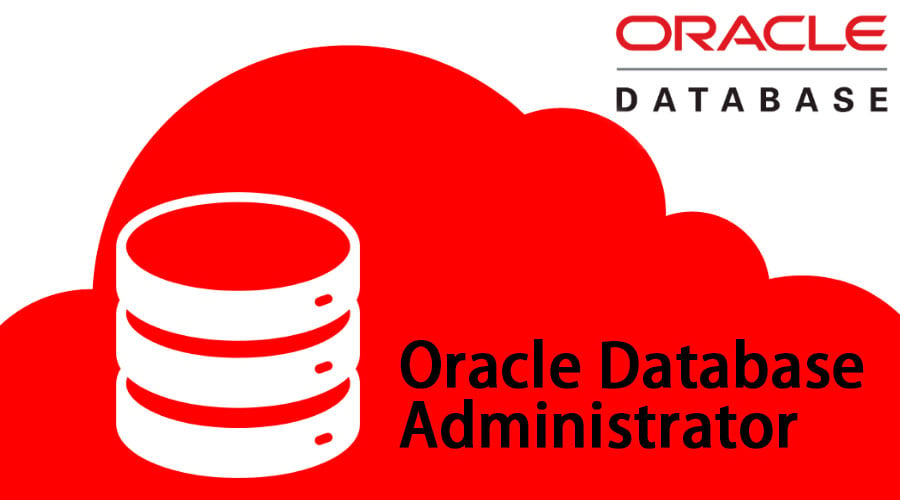Redhat Linux System Administration


Description
This course provides hands-on training for Linux system administration using Red Hat Enterprise Linux (RHEL). It covers essential concepts such as installation, user management, file systems, security, networking, process control, and containerization. Students will gain practical experience through labs and real-world use cases, preparing them for enterprise-level administration and RHCSA exam readiness.
Course Content
• 120h total length
History of GNU/Linux: Origins, philosophy, and distributions.
Introduction to RHEL: Features, ecosystem, and use cases.
Overview of RHCSA certification.
Basic Linux System Administration Terminologies.
Lab: Setting up RHEL environment.
Managing files and directories (cp, mv, rm, mkdir).
Wildcards and shell expansions.
Editing text files with vim/nano.
Links (hard & symbolic).
Lab: File operations and editing.
User and group concepts (UID, GID).
Managing users and groups (useradd, groupadd, passwd).
Permissions and ownership (chmod, chown, umask).
Lab: Managing accounts and permissions.
Subscription management in RHEL.
RPM package management.
Using yum/dnf for software installation and updates.
Managing module streams.
Lab: Software management.
Process listing and monitoring (ps, top, htop).
Job control and killing processes.
Process scheduling (nice, renice).
Lab: Process management.
systemd units, targets, and services.
Starting, stopping, enabling services.
SSH configuration and security.
Lab: Service and SSH management.
System log architecture (rsyslog, journald).
Using journalctl and log files.
Archiving and preserving logs.
Lab: Log analysis.
Networking concepts: IP, DNS, gateways.
Configuring networking (nmcli, nmtui).
Hostnames and name resolution.
Lab: Network configuration.
Managing compressed archives (tar, gzip, bzip2).
Secure file transfers (scp, sftp, rsync).
Searching and analyzing files (find, grep).
Lab: File transfer and search.
Identifying file systems and devices (lsblk, fdisk).
Mounting/unmounting and persistent mounts.
Swap space management.
Lab: Storage management.
Logical Volume Management (LVM).
SELinux management.
NFS and ACLs.
Lab: Security and storage management.
Boot targets and recovery.
Firewall and task scheduling.
Introduction to containers with Podman.
Lab: Container management.



